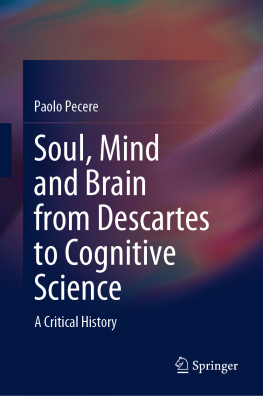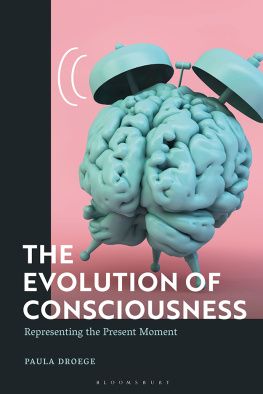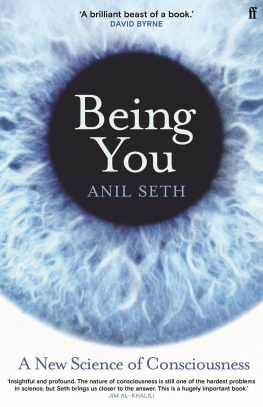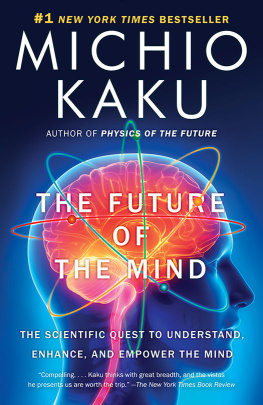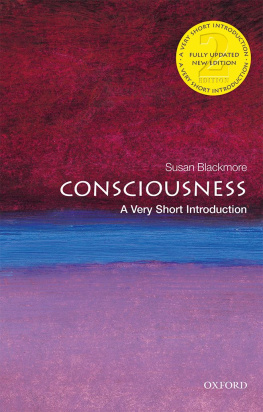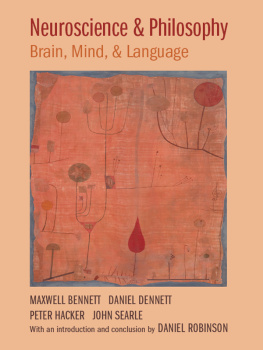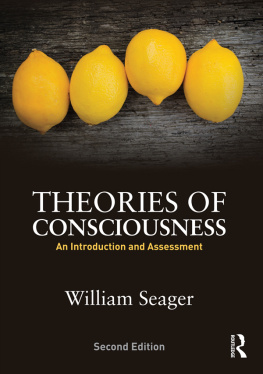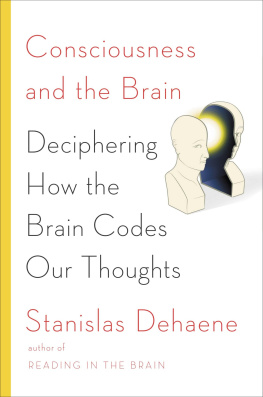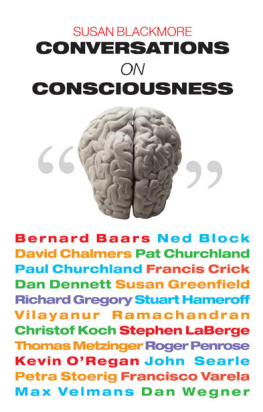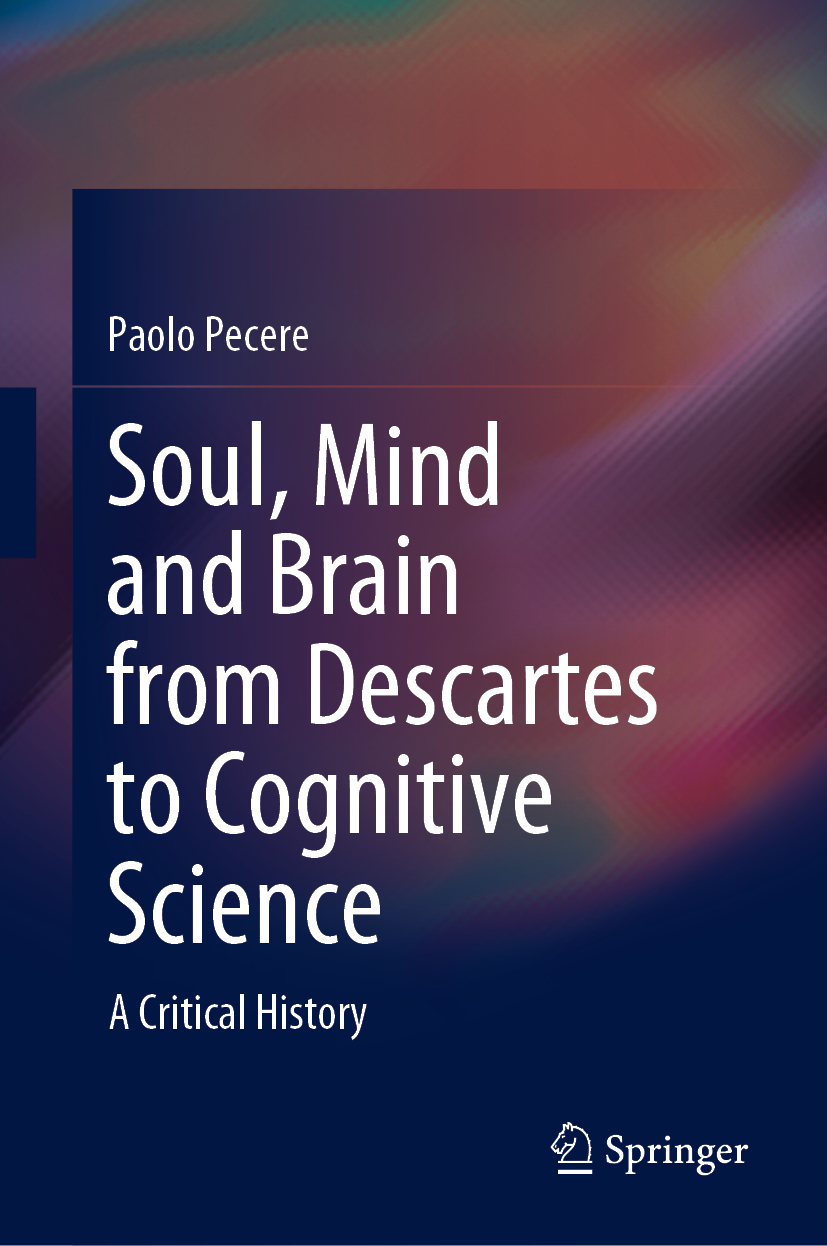Paolo Pecere
Soul, Mind and Brain from Descartes to Cognitive Science
A Critical History
1st ed. 2020
Paolo Pecere
Dipartimento di Filosofia, Comunicazione e Spettacolo, University of Roma TRE, Rome, Italy
ISBN 978-3-030-51462-4 e-ISBN 978-3-030-51463-1
https://doi.org/10.1007/978-3-030-51463-1
The Editor(s) (if applicable) and The Author(s), under exclusive license to Springer Nature Switzerland AG 2020
This work is subject to copyright. All rights are solely and exclusively licensed by the Publisher, whether the whole or part of the material is concerned, specifically the rights of translation, reprinting, reuse of illustrations, recitation, broadcasting, reproduction on microfilms or in any other physical way, and transmission or information storage and retrieval, electronic adaptation, computer software, or by similar or dissimilar methodology now known or hereafter developed.
The use of general descriptive names, registered names, trademarks, service marks, etc. in this publication does not imply, even in the absence of a specific statement, that such names are exempt from the relevant protective laws and regulations and therefore free for general use.
The publisher, the authors and the editors are safe to assume that the advice and information in this book are believed to be true and accurate at the date of publication. Neither the publisher nor the authors or the editors give a warranty, expressed or implied, with respect to the material contained herein or for any errors or omissions that may have been made. The publisher remains neutral with regard to jurisdictional claims in published maps and institutional affiliations.
This Springer imprint is published by the registered company Springer Nature Switzerland AG
The registered company address is: Gewerbestrasse 11, 6330 Cham, Switzerland
Acknowledgments
I started writing this book in the framework of a Fulbright Research Scholarship at the Philosophy Department of New York University (2016/2017). I thank Batrice Longuenesse for the support and for insightful comments on the previous versions of Chaps.. I also thank David Chalmers and Ned Block for conversations on this project during my visits at NYU.
Since 2012, I presented early versions of the material in conferences and seminars at the Universities of Roma La Sapienza, Roma TRE, Johannesburg, Cagliari, Paris Diderot (seminar hosted by Cline Cherici, Jean-Claude Dupont, Charles Wolfe), Lige (seminar hosted by Federico Boccaccini), Pittsburgh (seminar hosted by Mazviita Chirimuuta), So Paulo (seminar hosted by Marcio Suzuki), at the Model-Based Reasoning (MBR) Conference in Sestri Levante (2012), at the Towards a Science of Consciousness conference in Tucson (2014), at the V Multilateral Kant Colloquium, Complutense University of Madrid (2014), at the Meetings on Neuroscience and Society in Padua (2016 and 2017), at the HOPOS 2018 conference in Groningen. I thank the organizers and participants to these seminars for comments, questions and successive conversations on my project.
In these years, I have also benefited from conversations with Mirella Capozzi, Riccardo Chiaradonna, Antonio Clericuzio, Luciano Codato, Mario De Caro, Liesbet De Kock, Vincenzo De Risi, Marilia Esprito Santo, Matteo Favaretti, Gabriel Finkelstein, Andrea Lavazza, Peter Godfrey-Smith, Matteo Grasso, Gary Hatfield, Barnaby Hutchins, Joseph LeDoux, Massimo Marraffa, Carla Rita Palmerino, Paola Rumore, Justin E. H. Smith, Mark Solms, Giulio Tononi. A special thank to Charles T. Wolfe for his support and advise. I am thankful for the stimuli, suggestions and insights that I received in these conversations. I carry the responsibility for daring to put this all together.
Chapter includes and develops material that has been published in the following papers:
Lois, sensations et nerfs. Possibilit et limites de la neurophysiologie des fonctions mentales de Kant Helmholtz. In Physique de lesprit: empirisme, mdecine et cerveau, ed. by C. Cherici, J. C. Dupont and C. T. Wolfe, Hermann, Paris 2018, pp. 161180.
Kants ber das Organ der Seele and the limits of physiology: arguments and legacy. In Kants Shorter Writings. Critical Paths Outside the Critiques, ed. by R. Hanna, R. Louden, N. Snchez Madrid, R. Orden, J. Rivera de Rosales, Cambridge Scholars Publishing, Newcastle upon Tyne, 2016, pp. 214230.
Sections .
Questo libro per Guglielmo Cavallo, che per primo mi ha fatto domandare: come si fa a leggere tutti questi libri?.
Introduction
Progress in neuroscience in the last decades has raised extraordinary expectations inside cognitive sciences and beyond. The massive growth of data and models of the neural correlates of cognitive and affective processes has suggested that ancient philosophical questions could finally be solved in the new cross-disciplinary field of neurophilosophy. Patricia Churchland (1986, 481) has argued that a scientific revolution was coming, which would lead to a new mechanistic theory of the mind-body that, in its power to overturn the eternal verities of folk knowledge, would be at least equal of the Copernican and Darwinian revolutions. A number of other special neuro-disciplines have been defined, in order to organize joint investigations of brain and mind and occasionally reinforce the languishing fields of humanities. On the other hand, there is today a growing awareness among neuroscientists that their field can benefit from philosophical reflection on notions which turn up in experimental protocols, such as localization and consciousness, in order to assess the potential of explanatory hypotheses.
Nevertheless, the prospect that huge research programs in neuroscience might straightforwardly unravel the problems of philosophy of mind has been questioned. Indeed, it is not evident that empirical progress in science has corresponded to philosophical progress. Many philosophers have recently objected to the alleged self-evidence of neuroimaging techniques, arguing that they suggest a simplistic picture of brain processes, if not an overstatement of our knowledge (Roskies 2007; Klein 2010). As neuroimaging has raised expectations in both the scientific community and popular culture, philosophers and psychologists have warned against the risk that neuroenthusiasm may lead to misconceptions, talking of cyber-phrenology (Hagner 2002) and neuro-mythology (e.g., Falkenburg 2012). Granted that experiments can lead to the determination of neural correlates of cognitive processes, critics argue that empirical discoveries have to be interpreted in a philosophical perspective if one wants to expand our knowledge and possibly our control of mental processes. Yet, this transition to philosophy has led to widespread disagreement rather than recognized progress. More than 30 years ago, Daniel Dennett, although he was fully committed to the value of the discoveries of neuroscience for philosophy, already lamented the difficulty of halting the unfruitful pendulum swing of philosophical theories of the mind such as dualism and identity theory (Dennett 1985, 3).
Today, it is hardly possible to build a linear and progressive narrative of the modern philosophical-scientific investigation of mind, brain and cognition, as Alexandre Koyr did with astronomy and physics in his famous book From the Closed World to the Infinite Universe, but it is all the more important to reconsider this history. In the last decades, historical research has reconsidered ancient and modern philosophy in light of cognitive science. Yet philosophers of mind and neuroscientists rarely take this context into consideration, with the consequence that concepts and problems are analyzed with scarce awareness of their previous elaborations, arguments are often repeated, and fuzzy or mistaken pictures of famous philosophers of the pastsuch as Descartes and Kantare brought out to measure progresses in the field. My aim in this book is to include in a single narrative modern and contemporary research on mind, brain and cognition, in order to map the rise of philosophical and scientific theories in historical context and to highlight elements of continuity and discontinuity in the long term.

